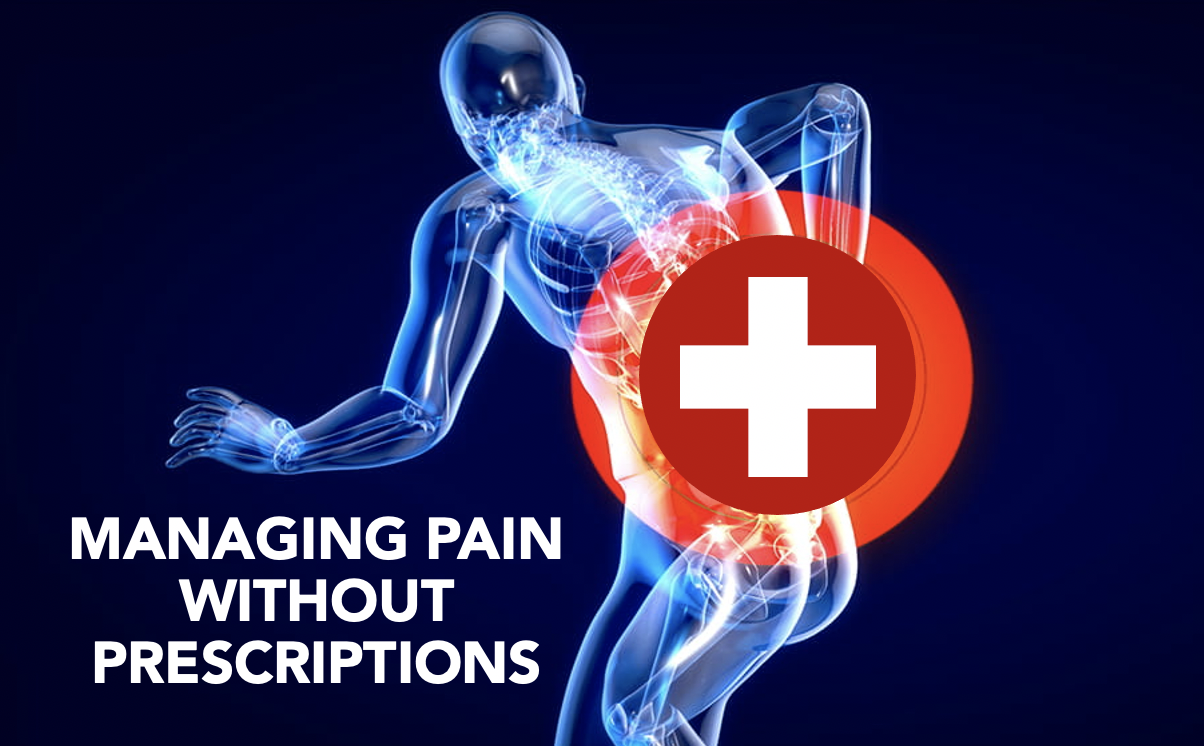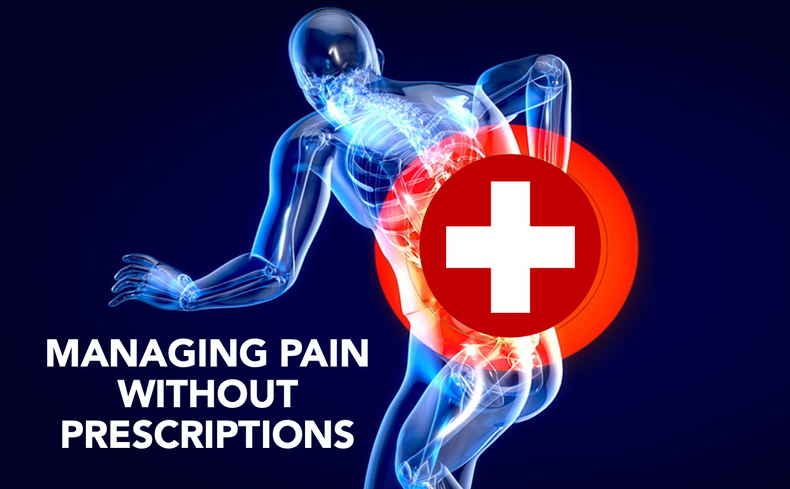
Veterans are susceptible to pain for a variety of reasons. Physical injuries sustained during service, psychological trauma, and the effects of aging can all lead to pain. Veterans may also be more likely to turn to substances like alcohol, drugs and even prescriptions to cope with their pain, which can lead to addiction and other health problems.
Statistics
The National Center for Complementary and Integrative Health (NCCIH) reports that 9.1% of Veterans, compared to 6.4% of civilians, experience severe pain. Of these, chronic pain is one of the most common complaints.
- Over 20% of Veterans experience back pain.
- About 16% experience joint pain.
- Over 25% experience migraine pain.
- About 27% experience neck pain.
- Approximately 34% experience both back pain and sciatica.
- About 37% experience jaw pain.
Female Veterans, like female civilians, are more likely to experience chronic pain than their male counterparts, but all Veterans experience higher rates of severe pain compared to non-Veterans.
As Veterans and non-Veterans age, they are more likely to experience severe pain, with those 50 to 69 years old experiencing the highest levels of severe pain among both Veteran and civilian groups.
VA patients are often prescribed two or more opioid drugs to treat chronic pain problems, and one Veteran may have as many as three different prescribers. As a result, one in 15 Veterans of the United States Armed Services struggles with a substance use disorder.The drugs most prescribed through the VA include:
- Oxycodone: 46.9%.
- Hydrocodone: 39.5%.
- Codeine: 6.8%.
CBD as a Natural Alternative
As a result, hundreds of thousands of Veterans across the country are turning to CBD to help reduce pain and improve their quality of life. CBD, or cannabidiol, is a non-psychoactive compound found in cannabis plants that helps our body’s endocannabinoid system.
Our natural endocannabinoids function on demand, meaning that when our body senses inflammation, or needs to return to homeostasis (a state of stable balance) it will release endocannabinoids that bind to cannabinoid receptors.
CBD itself does not bind to receptors but is thought to work by inducing other components of the cannabinoid system.
In fact, CBD exerts a wide array of effects on the body’s central and peripheral nervous systems, as well as the immune system. It works in conjunction with our endocannabinoid system to function in an antioxidant capacity, to decrease inflammation, and to act as an analgesic or pain reliever. CBD may even slow the progression of osteoarthritis and prevent nerve damage, according to early model studies.
Veterans across the country are finding relief with CBD. This natural compound can help reduce pain, anxiety, depression, and insomnia. Veterans deserve the best quality of life possible, and CBD can help them achieve that.



